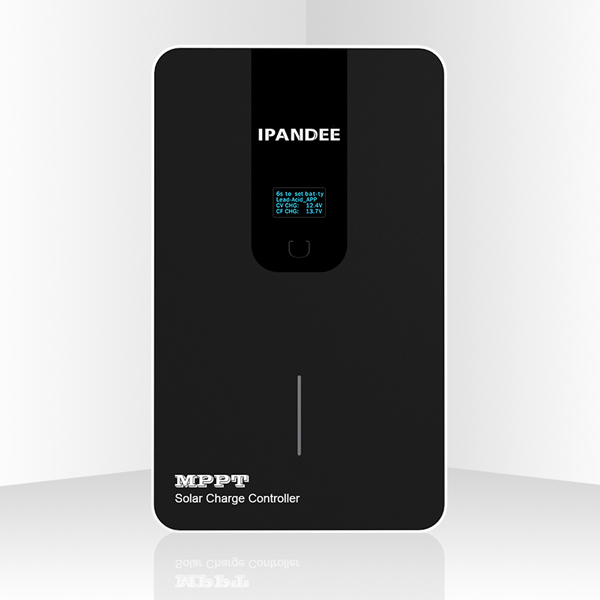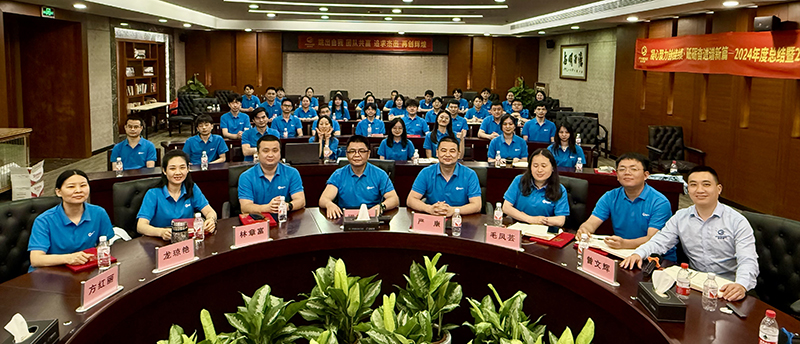Solar energy has become an integral part of the sustainable energy revolution, and the efficiency of solar panels often depends on the type of solar panel controller employed. These controllers play a crucial role in managing the charge and discharge of batteries, ensuring optimal performance and longevity. In this exploration, we delve into the diverse world of solar panel controller types, each designed to meet specific needs and applications.
PWM (Pulse Width Modulation) Controllers: Precision in Charging
Efficient Energy Conversion
PWM controllers are among the most common types, utilizing a pulse-width modulation technique to efficiently charge batteries. These controllers are known for their ability to maintain a consistent voltage, preventing overcharging and extending the life of batteries. With their simplicity and reliability, PWM controllers are often a cost-effective choice for residential solar installations.
Ideal for Small to Medium Systems
Suited for small to medium-sized solar power systems, PWM controllers are adept at handling lower current capacities. They provide a reliable and straightforward solution for those looking to harness solar energy for basic household needs.
MPPT (Maximum Power Point Tracking) Controllers: Maximizing Energy Harvest
Optimizing Solar Efficiency
MPPT controllers are the powerhouses of solar panel control, employing advanced algorithms to extract maximum power from solar panels. By dynamically adjusting the electrical operating point of the modules, MPPT controllers ensure that the panels operate at their maximum power point, even under varying weather conditions.
Versatility in System Size
Ideal for larger solar installations, MPPT controllers shine in environments where the solar array may be subject to shading or fluctuating light conditions. Their ability to adapt to changing circumstances makes them a versatile choice for both residential and commercial applications.
Solar Charge Controllers for Off-Grid Living: Independence in Power
Empowering Off-Grid Systems
Off-grid living demands a reliable and robust energy solution, and solar charge controllers play a pivotal role in these setups. These controllers prevent overcharging and ensure a steady power supply to off-grid homes, cabins, and remote installations.
Battery Protection and Longevity
Off-grid solar charge controllers often incorporate additional features such as low-voltage disconnect and temperature compensation, safeguarding batteries from damage and enhancing their overall lifespan. This makes them an indispensable component for those seeking energy independence beyond the traditional power grid.
As solar technology continues to evolve, the variety of solar panel controller types offers consumers the flexibility to choose the best fit for their specific requirements. Whether you're aiming for cost-effectiveness, maximum energy harvest, or off-grid independence, there's a solar panel controller designed to meet your needs. Before embarking on your solar journey, carefully consider the size and nature of your installation to make an informed decision that aligns with your sustainability goals and energy demands.
 English
English  한국어
한국어  français
français  Deutsch
Deutsch  Español
Español  italiano
italiano  русский
русский  português
português  العربية
العربية  tiếng việt
tiếng việt  ไทย
ไทย  Polska
Polska  中文
中文







